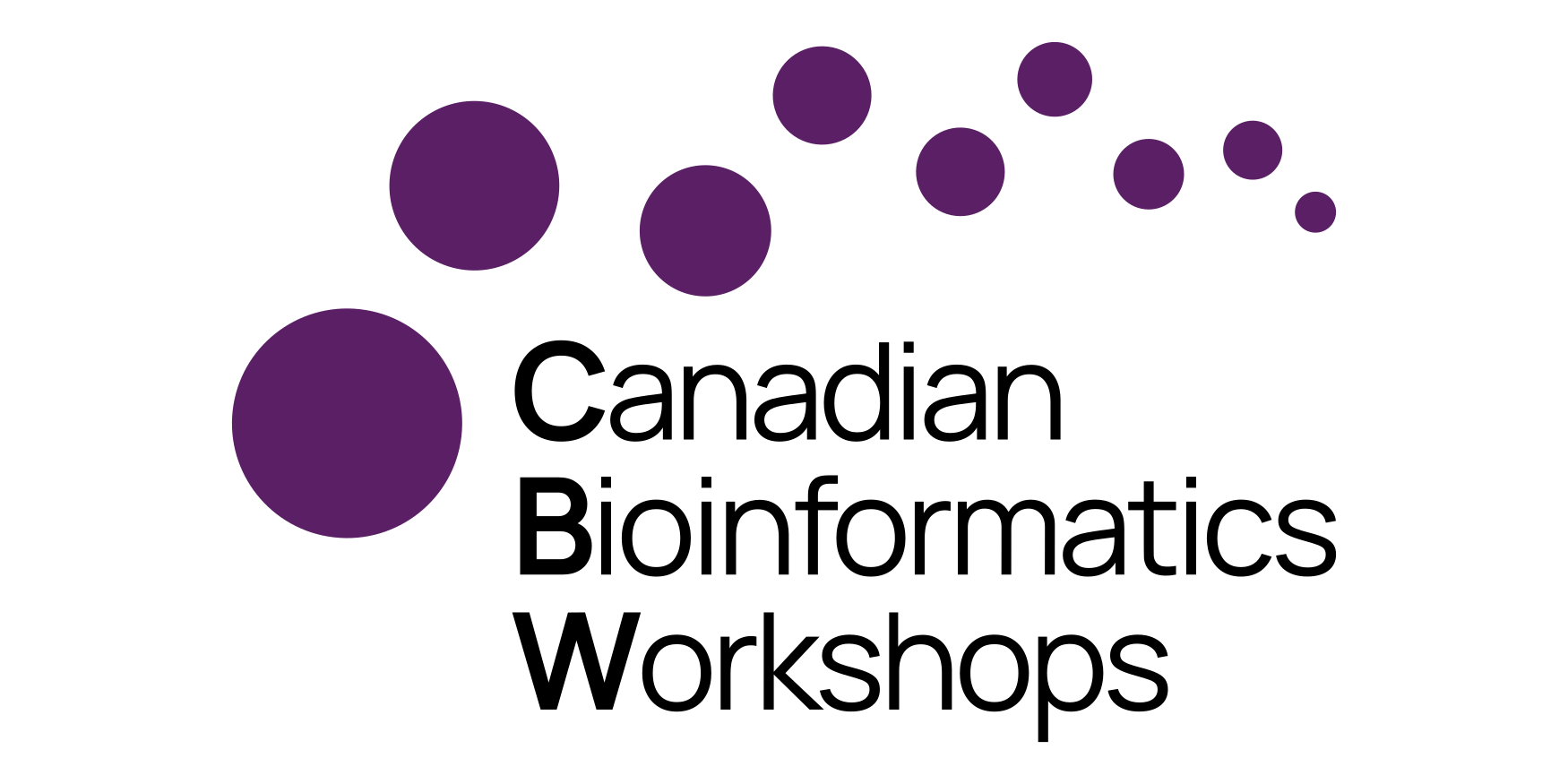(2024) Advanced Microbiome Analysis: St. John’s, NL
Date: 29 - 30 May 2024
Microbes are everywhere and the study of microbiomes to elucidate the impact of microbes in various ecosystems has become a multidisciplinary science involving microbiology, statistics, computer science, and molecular biology. Microbiomics, the study of microbes without first culturing and isolating the organisms, has become the principal approach to exploring the diversity, function and ecology of microbial communities. The CBW has developed a 2-day course providing an introduction to metagenomic data analysis (both read-based and assembly-based) followed by hands-on practical tutorials for each session to demonstrate the use of relevant bioinformatics and statistical tools. Modules will consist of lectures covering both theoretical and practical components followed by hands-on bioinformatic tutorials guided by instructors and teaching assistants.
City: St. John's
Region: Newfoundland and Labrador
Country: Canada
Prerequisites:
Participants should be comfortable with reading and writing basic R or Bash, or be enrolled in the Beginner Microbiome Analysis course. Participants should have some prior experience with microbiome sequencing data (for example, have completed a marker gene analysis of microbiome data). You will require your own laptop computer. Minimum requirements: 1024×768 screen resolution, 2.4GHz CPU, 8GB RAM, 100GB free disk space, recent versions of Windows, Mac OS X or Linux (Most computers purchased in the past 3-4 years likely meet these requirements). This workshop requires participants to complete pre-workshop tasks and readings.
Learning objectives:
Participants will gain practical experience and skills to be able to: Understand the advantages and limitations of metagenomic data analysis Devise an appropriate bioinformatics workflow for processing and analyzing microbiome shotgun metagenomic sequence data Perform both read-based and assembly-based analyses of shotgun metagenomic sequence data Apply appropriate statistics to undertake rigorous data analysis
Capacity: 30
Event types:
- Workshops and courses
Activity log

